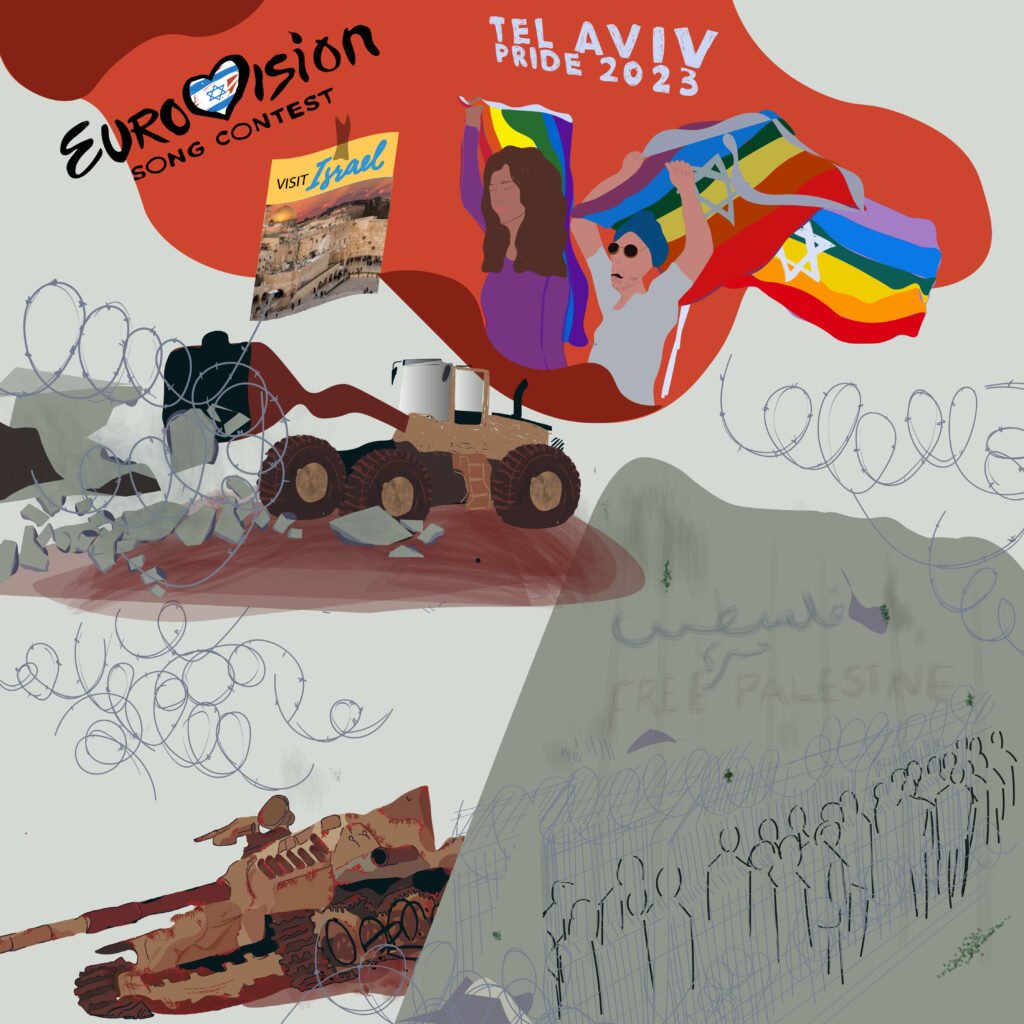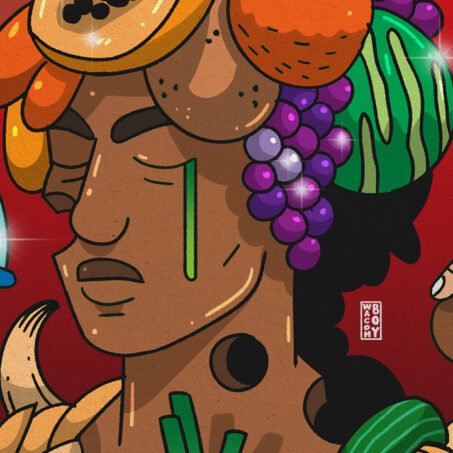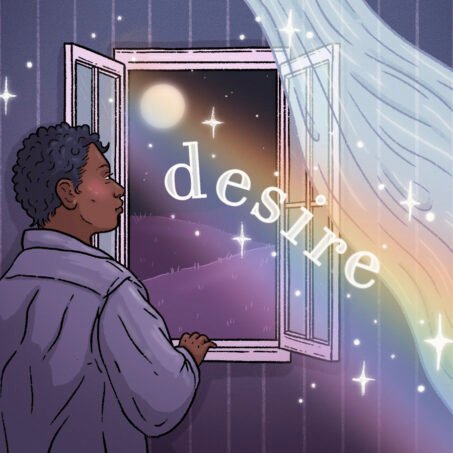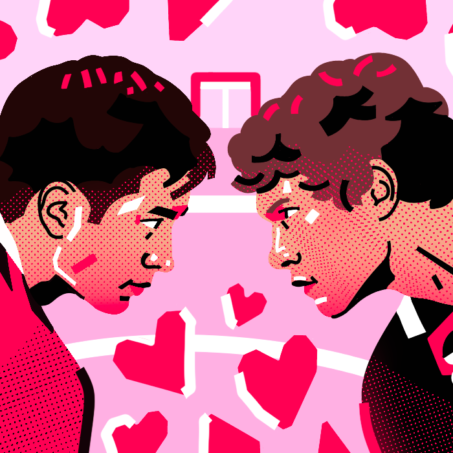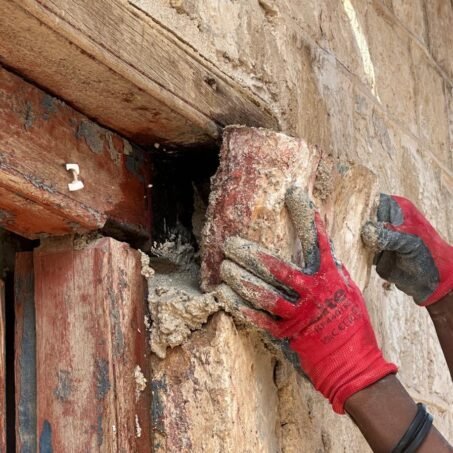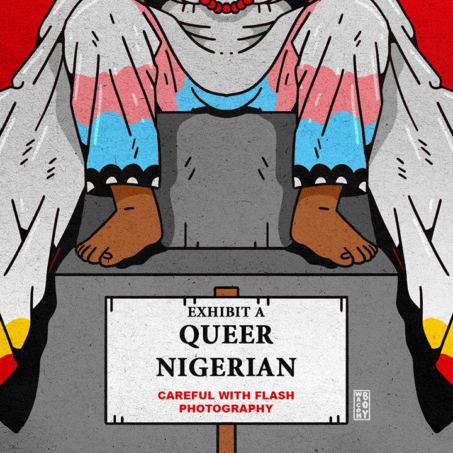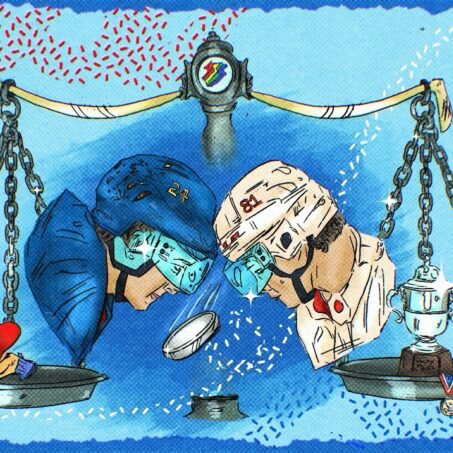What is Pinkwashing?
Pinkwashing is nothing new. In its essence, it refers to the exploitation of LGBTQI+ culture and identities for public relations purposes and can be carried out by any business, political entity or individual. However, the state of Israel has long been one of its worst proponents.
In this context, pinkwashing refers to how the Israeli state, authorities, or organisations use a pro-LGBTQI+ agenda – or weaponise LGBTQI+ identity – to mask or distract from all elements of its ongoing Zionist settler-colonial project, which includes brutal military occupation, ethnic cleansing, illegal settlements, apartheid, and countless breaches in human rights and international law.
Ever since Israel’s Foreign Ministry, Tourism Ministry and Strategic Affairs Ministry jointly launched the “Brand Israel” initiative in 2005, LGBTQI+ rights, culture and identities have been key elements of Israel’s global marketing and nation-branding. This can be seen every year around Tel Aviv Pride, Israel’s involvement in Eurovision, or for any other events that pertain to the LGBTQI+ community – both direct and indirect.
Why is pinkwashing used as a tool by Israel?
Although pinkwashing had been used by pro-Palestinian activists beforehand, it wasn’t until 2011 that the term was popularised, thanks to renowned activist and AIDS historian Sarah Schulman.
Writing in The New York Times, she described it as “a deliberate strategy to conceal the continuing violations of Palestinians’ human rights behind an image of modernity signified by Israeli gay life.”
On the one hand, pinkwashing operates as a propaganda tool or public relations strategy for Israel. It’s done to protect its reputation and political upstanding among other western, LGBTQI-friendly societies and to absolve Israel of all criticism and accountability. It’s also a marketing tool to attract tourist revenue – particularly from LGBTQI+ tourists.
On the other hand, pinkwashing is based on a racist, Orientalist view that Palestinians remain “backwards” in their stance on homosexuality. This is also part of the nature of Zionism – which itself is a combination of racist European colonial ideology and settler-colonialism.
Nonetheless, Palestinian queer rights group Al Qaws sums it up perfectly: “pinkwashing is the symptom, settler-colonialism is the root sickness”.
Pinkwashing in action
Targeting global cities such as New York, Toronto and London, Brand Israel has used events and tourism to promote its image as cultured and modern. This includes the way Tel Aviv is marketed as a “cosmopolitan” city – and a ”haven” for gay tourists.
This is especially the case for TLVFest, the annual Tel Aviv International LGBT Film Festival in November, and of course Tel Aviv Pride, held annually in June, which attracts thousands of western tourists. Both Tel Aviv Pride and TLVFest are major cultural events that feature Israeli government agencies as sponsors or partners.
When Jerusalem hosted WorldPride in 2006, it took place around the time of Israel’s 34-day war with militant group Hezbollah in summer. This saw Israeli forces bomb swathes of Lebanon – especially its south – killing almost 2000 Lebanese civilians. While the main pride march itself was cancelled due to the war, as there were not enough soldiers to protect marchers, it was later held in November that year. 2006 WorldPride in Jerusalem was thus limited to conferences, a film festival, and exhibitions – but all under the pinkwashing tagline “Love Without Borders”.
Israel’s LGBTQI+-friendly image is also brought to the forefront on many other occasions, even if the LGBTQI+ community is not the sole target market.
The annual Eurovision Song Contest in May is a shining example of this, due to its massive LGBTQI+ fanbase, and the camp, over-the-top live performances garnering it the nickname the “gay Olympics.” Israel has participated in Eurovision 44 times since its debut in 1973.
How has pinkwashing evolved?
Arguably, it was 1998 when Israel first started to instrumentalise LGBTQI+ identity through its Eurovision pinkwashing tactics after Dana International, a trans Israeli singer, won the song contest that year. More memorably perhaps was in 2019, when Tel Aviv actually hosted Eurovision. There was global furore, particularly when Madonna – herself a “gay icon” – ignored calls to boycott her half-time performance, and activists who supported Palestinians were told they wouldn’t be allowed into the country.
Queer Israeli activists themselves have been known to accept government funding and serve as ambassadors in Israeli pinkwashing efforts around the world. Pinkwashing is also evident when LGBTQI+ Israelis attempt to win elections as representatives of Israeli political parties, essentially co-opting these parties’ brutal and/or discriminatory policies – regardless if they are left or right-wing. They are still Zionist.
Now, in 2023, there are three big-name queer artists who are set to perform in Tel Aviv, albeit at different times. British singer Calum Scott is due to perform as part of Tel Aviv’s Summer in the City music festival on June 1st 2023. Meanwhile, American singer Adam Lambert is putting on a solo concert in Tel Aviv on June 13. Separately, numerous RuPaul’s Drag Race stars have visited, or plan to visit, Tel Aviv for performances in the city’s LGBTQI+ nightlife circuit.
These performances may or may not be sponsored by Israeli authorities, but this does not absolve them from being complicit in Israel’s wider pinkwashing scheme, and instead acts to normalise its settler-colonial project.
Pinkwashing’s relationship with homonationalism and Orientalism
The pinkwashing carried out by Israeli authorities is based on an Orientalist view that Palestinians remain “backwards” in their stance on homosexuality because apparently, we refuse to emulate the progressiveness of the west.
To be “gay friendly,” as gender studies academic Jasbir Puar explains, is to be modern, cosmopolitan, developed, first-world, Global North, and, most significantly, democratic – something that Palestinians supposedly do not have the capability of ever achieving.
This erases the agency of Palestinians, especially the progressive forces inside Palestine – including the achievements of queer Palestinian movements. The Orientalist tropes found in pinkwashing also completely disregards the history and legacies of colonialism and modern-day imperialism in the region. It is an example of euro-centric, western exceptionalism – and a pillar of anti-Arab racism.
Pinkwashing and homonationalism also go hand in hand. First coined by Puar in 2007, the concept of homonationalism argues that western LGBTQI+ movements are often bound up with upholding the racist sovereignty of the nation state. Puar argued that neoliberal and capitalist power structures line up with the queer liberation movement by using sexual diversity and LGBTQI+ rights to peddle or maintain nationalist stances – such as anti-immigration policies which are based on prejudices that the “other” are homophobic and that western society is egalitarian.
For Israel, homonationalism is deployed to justify its own exceptionalism and violent oppression of the “other” – in this case, Palestinians.
Israel flaunts its liberal openness to homosexuality while contrasting it to the sexual oppression among Palestinian society and neighbouring Arab countries. It therefore serves as an excuse for Israel to rationalise its occupation of Palestinians, and to “liberate” oppressed Palestinian queers. The latter is seen through Israel’s myths about “saving” Palestinian queers by “regularly” approving their asylum seeker applications to escape their homophobic and oppressive families or communities in the West Bank or Gaza.
While it’s hard to verify how often these asylum seeker approvals occur, waxing lyrical about their supposed humanitarian work plays into the homonationalist narrative. Since when are immigration authorities – not just in Israel, but any immigration (or border) authority globally – benevolent, progressive entities full of empathy and care? Let alone towards Arabs?
As Queers Against Israeli Apartheid once pointed out, “there is no pink door in the apartheid wall.” This means that like every other Palestinian, LGBTQI+ Palestinians are also at the mercy of Israel’s violent, racist settler-colonial project. This is because queer Palestinians simply do not fit into Israel’s homonationalist quest to uphold the racist sovereignty of its nation state – one where a legally-enforced apartheid system puts only Jewish people at the top of the pyramid.
How pinkwashing erases LGBTQI+ Palestinians
LGBTQI+ Palestinians, just like their wider Palestinian community, are not magically exempt from any of Israel’s discriminatory policies or brutal occupation.
For LGBTQI+ Palestinians living under occupation in the West Bank or East Jerusalem or living under siege in Gaza, they have always been at the mercy of a violent settler-colonial state that has deemed them demographic threats. For Palestinian citizens within Israeli borders, there are more than 65 pieces of Israeli legislation discriminating against them. And in 2018, Israeli parliament passed the “Jewish nation-state law,” effectively giving a legal foundation to racial discrimination against all Palestinians – and mirroring apartheid South Africa.
On a wider scale, the Nakba that started in 1948 continues today. Displaced, exiled or diaspora Palestinians around the world do not have the right of return. Home demolitions and illegal settlement expansion in the West Bank continue unabated. The rise – and normalisation – of far-right, racist ministers in Israeli parliament has provoked a fresh wave of settler violence across the West Bank since the start of 2023, and more recently in Jerusalem around Ramadan. Queer Palestinians are just as much targets or victims to all of this as the wider Palestinian society.
On a more sinister note, Israeli forces have been known to blackmail queer Palestinians to work as informants or risk being outed to their community. In April 2023, Palestinian militant group Lions’ Den carried out the extrajudicial killing of a “traitor” in Nablus who had allegedly collaborated with Israel as an informant. Prior to his death, 23-year-old Zoheir Khalil Ghalith said in a video that Israeli secret service had a video of him engaged in sexual relations with another man, which they used to blackmail him into cooperating with them. It’s one thing for a militant group to carry out such a horrific murder, but it’s monstrous for a state to weaponize the homophobia in Palestinian society in such a way that it risks alienating LGBTQI+ Palestinians from their communities if they were outed against their will, or simply puts their lives at risk.
Despite all of these facts, Zionists will almost always deflect and place the onus on Palestinians, claiming things like “Palestine is anti-queer.” This is a lazy and gross generalisation that reduces a multifaceted group of people to the Orientalist trope of a violent, homophobic Muslim Arab incapable of being progressive. It also erases the diversity of Palestinians of all faiths and political beliefs, and erases the existence and agency of queer Palestinians themselves.
In addition, to place the blame solely on the colonised (the Palestinians) for not meeting the standards of the coloniser’s (Israel’s) “civility”, reeks of racial supremacy. And to use it to justify Israel’s occupation and oppression of Palestinians – because apparently queer Palestinians are better off accepting all the supposed benefits that come with living under the Zionist settler-colonial project – is a hallmark of pinkwashing.
It’s also a common tactic for Zionists to play the old cards: “try being gay in Gaza,” or “try having a Pride parade in Ramallah” the moment anyone accuses Israel of pinkwashing. This feeds into the Zionist narrative that Israel welcomes LGBTQI+ self-expression while in the rest of the Middle East, LGBTQI+ people face relentless persecution. This not only constructs a false opposition, but it is also harmful – especially for LGBTQI+ Palestinians.
Addressing colonial legacies
While homosexuality is illegal in the Hamas-controlled besieged Gaza Strip, there is nothing in the legal statutes that criminalises homosexuality in the occupied West Bank. However, there are no laws protecting the community from discrimination either.
And while other Arab countries criminalise homosexuality (except for Jordan), the level of enforcement varies from country to country. In Egypt, police crackdowns carried out on queer people have resulted in scores being imprisoned, and sometimes tortured. In Lebanon, laws against homosexuality are not generally enforced, allowing for a visible queer community to thrive in the capital Beirut. In a few countries – namely Saudi Arabia, Yemen and in some cases in the UAE and Iraq – homosexuality is punishable by death.
Many of these suppressive systems stem from inherited European colonial laws that were informed by a Christian understanding of morality. When the west – and this includes Zionists – talks about homophobia in the Arab world, the focus is on how Islam or traditional Arab attitudes are at the root of hostility toward LGBTQI+ Arabs, which is an essentialist and simplistic approach. On the flipside, patriarchal norms are deeply embedded in Arab culture and are an important reason for the rampant discrimination, criminalisation and deep cultural stigma of queer people.
Yet despite all these restrictions and laws, queer communities continue to exist in Palestine, and other Arab countries. It may not be the “visible” or “glamorous” communities we’re used to seeing in the west, and they may not be able to hold pride events so publicly – but that does not negate their existence. There is no one right way to exist as a queer community, and it’s both unfair and lazy to expect Palestinians or anyone in the Global South to aspire to how it’s done in the west.
And while no one is denying that LGBTQI+ oppression in Palestinian society and neighbouring Arab countries are evidently worse, this isn’t the anti-LGBTQI+ discrimination Olympics. Zionists’ constant attempts to zero in on them when Israel’s pinkwashing tactics are highlighted or questioned is merely a deflection – and also thinly veiled anti-Arab racism and/or Islamophobia.
Ultimately, pinkwashing is a form of violence against Palestinian queers. Especially when queer-led Palestinians groups, like Al Qaws and Aswat, have for many years now said that queer liberation for Palestinians is tied up with liberation from Zionism. In other words, we cannot achieve real liberation as queer Palestinians until we have a free Palestine.
Pinkwashing can’t hide Israel’s lurch to the far-right
Zionists will often wax lyrical about Israel’s progressive laws on queer rights. Sure, gay and trans people enjoy anti-discrimination laws and can also openly serve in the Israeli army. Sure, trans people can change their legal gender without having to undergo sex reassignment surgery. Sure, same-sex couples enjoy significant rights and recognitions and have adoption and inheritance rights. But same-sex marriage still isn’t legal in Israel, because religious authorities, who control marriages, don’t sanction civil marriages for both heterosexual and same-sex couples. However, such marriages would be recognised if performed elsewhere.
Even if even same-sex marriage were legal in Israel, that doesn’t mean the homophobia and transphobia at a cultural or societal level would magically disappear. As we are seeing in the west – at least in the UK, the US and Australia – there’s been a rise of toxic transphobia in the media, violent crimes driven by homophobia and transphobia are still very much a threat, and other worrying queerphobic trends – like the wave of anti-drag queen storytime protests.
It would be naïve if one were to believe that the “cosmopolitan,” “progressive” lifestyle found in Tel Aviv is reflected throughout Israel. Like all western countries, in Israel, queerphobic bigotry exists – especially in smaller towns or even in suburban, or conservative neighbourhoods of cities. It would be utterly naïve to think Israel is an exception to this.
Jerusalem Pride itself has faced opposition from religious and conservative groups – especially in 2006 when the city hosted WorldPride. And remember the Israeli homophobe who went on a stabbing spree in 2005 Jerusalem Pride, was imprisoned for 10 years and then released just weeks before the 2015 pride parade – only to go and repeat the same attack and this time stab a teenager to death?
In more recent years, the rise of far-right political parties and individuals is an indication of Israeli society’s conservative nature. This is especially the case since the start of 2023, when right-wing PM Benjamin Netanyahu allied with fringe fascist groups in order to gain enough seats to form a coalition government in Israeli parliament.
In late 2022, weeks before he formed this coalition, Netanyahu put extremist homophobe Avi Maoz in charge of Israel’s Jewish identity. He also appointed Bezalel Smotrich, a self-described “fascist homophobe,” as finance minister. While Maoz has since resigned, Smotrich is still in Netanyahu’s cabinet – with additional powers that make him the ‘de facto overlord’ of Area C in the occupied West Bank.
Despite Israeli politics’ lurch to the far right, when it comes to pinkwashing, Zionists will continue to highlight the “gay haven” of Tel Aviv, all while conveniently ignoring the bigger picture – or wilfully ignoring it all. Tel Aviv may indeed be a great place to live if one happens to be a Jewish Israeli citizen, or nice to visit for the thousands of westerners (gay or not) who engage in tourism – but it’s only great for them. It is neither friendly nor a “haven” for LGBTQI+ Palestinians.
What can you do?
Follow these organisations:
- Al Qaws
- Decolonize Palestine and check out their pinkwashing page (includes list of further reading & academic resources)
- BDS Movement and check out their pinkwashing page
Read these articles:
- ‘Israel and Pinkwashing’ by Sarah Schulman
- ‘Israel’s gay propaganda war’ by Jasbir Puar
- ‘Gay Rights as Human Rights: Pinkwashing Homonationalism’ by Maya Makdishi
- ‘Pinkwatching And Pinkwashing: Interpenetration and its Discontents’ by Maya Makdishi and Jasbir Puar
- ‘Israel Called This Palestinian Fair Game Because He’s Gay’ by Yoana Gohen
- Israel’s apartheid against Palestinians: a cruel system of domination and a crime against humanity by Amnesty International
- A Threshold Crossed: Israeli Authorities and the Crimes of Apartheid and Persecution by Human Rights Watch
- A regime of Jewish supremacy from the Jordan River to the Mediterranean Sea: This is apartheid by B’T Salem
And these books:
- Terrorist Assemblages: Homonationalism in Queer Times by Jasbir Puar
- Queer Palestine and the Empire of Critique by Sa’ed Atshan
- Orientalism by Edward Said
And these knowledge pages:
